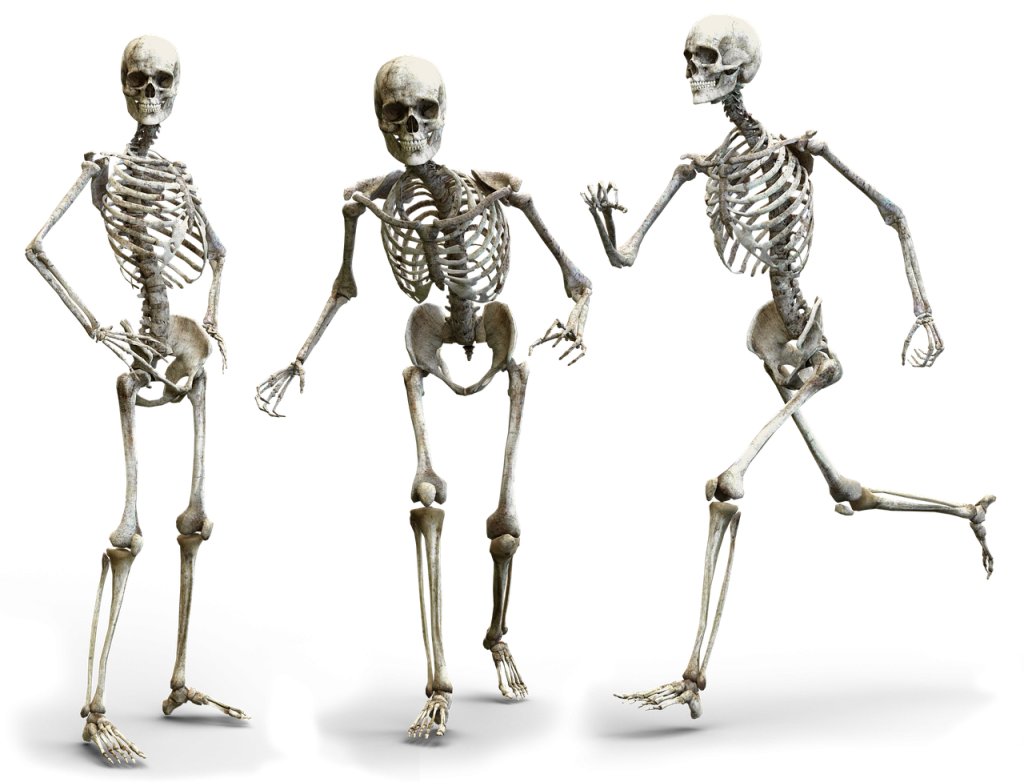 we age, various changes occur in our bodies, including the loss of bone density. The gradual decline in bone mass can have significant implications for our overall health and well-being. This article explores the process of age-related bone loss, its causes, the impact on our skeletal system, and strategies to maintain healthy bones throughout life.
we age, various changes occur in our bodies, including the loss of bone density. The gradual decline in bone mass can have significant implications for our overall health and well-being. This article explores the process of age-related bone loss, its causes, the impact on our skeletal system, and strategies to maintain healthy bones throughout life.
The Mechanisms of Age-Related Bone Loss
Bone is a dynamic tissue that undergoes constant remodeling throughout our lives. The process of bone remodeling involves a delicate balance between bone formation and bone resorption. During youth, bone formation exceeds bone resorption, leading to an increase in bone mass. However, as we age, this balance shifts, and bone loss begins to occur.
The primary mechanism behind age-related bone loss is an imbalance between bone formation and bone resorption. As we get older, the rate of bone resorption tends to exceed the rate of bone formation, resulting in a gradual loss of bone mass. Hormonal changes, particularly a decline in estrogen levels in women during menopause, contribute to accelerated bone loss. Other factors, such as a sedentary lifestyle, poor nutrition, and certain medical conditions, can also exacerbate age-related bone loss.
The Impact of Age-Related Bone Loss

Age-related bone loss can have significant consequences for our skeletal system and overall health. The loss of bone density increases the risk of osteoporosis, a condition characterized by weakened and brittle bones. Osteoporosis makes individuals more susceptible to fractures, particularly in the spine, hips, and wrists. These fractures can lead to chronic pain, decreased mobility, and a decline in quality of life.
Moreover, age-related bone loss can affect our posture and height. The vertebrae in the spine can gradually collapse due to bone loss, resulting in a stooped posture known as kyphosis. This not only affects our physical appearance but also increases the risk of fractures and impairs lung function due to reduced chest expansion.
Additionally, bone loss can impact other bodily functions. Bones play a vital role in the production of red and white blood cells through the bone marrow. As bone density decreases, so does the production of these blood cells, potentially compromising immune function and overall health.
Strategies for Maintaining Healthy Bones
While age-related bone loss is a natural part of the aging process, there are measures we can take to promote and maintain healthy bones throughout life. Adopting a proactive approach to bone health can help minimize the impact of bone loss and reduce the risk of osteoporosis and fractures.
- Balanced Nutrition: A diet rich in calcium and vitamin D is crucial for maintaining bone health. Calcium is a key component of bone structure, while vitamin D facilitates calcium absorption. Dairy products, leafy green vegetables, fortified foods, and supplements can help ensure adequate calcium intake. Exposure to sunlight is also essential for the body to synthesize vitamin D.
- Regular Exercise: Engaging in weight-bearing exercises, such as walking, jogging, dancing, or weightlifting, helps stimulate bone formation and strengthen the skeletal system. Regular physical activity also improves balance and coordination, reducing the risk of falls and fractures.
- Lifestyle Modifications: Avoiding smoking and excessive alcohol consumption is essential for bone health. Smoking negatively affects bone density, while excessive alcohol consumption interferes with calcium absorption and hormone production, further contributing to bone loss.
- Medical Intervention: In certain cases, healthcare professionals may recommend medications to slow down bone loss or promote bone formation. Hormone replacement therapy for postmenopausal women and medications such as bisphosphonates can be prescribed to mitigate the effects of age-related bone loss.
As we age, the gradual loss of bone density becomes a reality for many individuals. Understanding the mechanisms and impact of age-related bone loss is crucial for maintaining optimal bone health and overall well-being. By adopting a proactive approach that includes balanced nutrition, regular exercise, and healthy lifestyle habits, we can minimize the effects of bone loss and promote healthy aging. Remember, it’s never too early or too late to prioritize your bone health and take steps to preserve the strength and integrity of your skeletal system.
Avid Writer with invaluable knowledge of Humanity!
Upcoming historian with over 30 million views online.
“You make your own life.”





